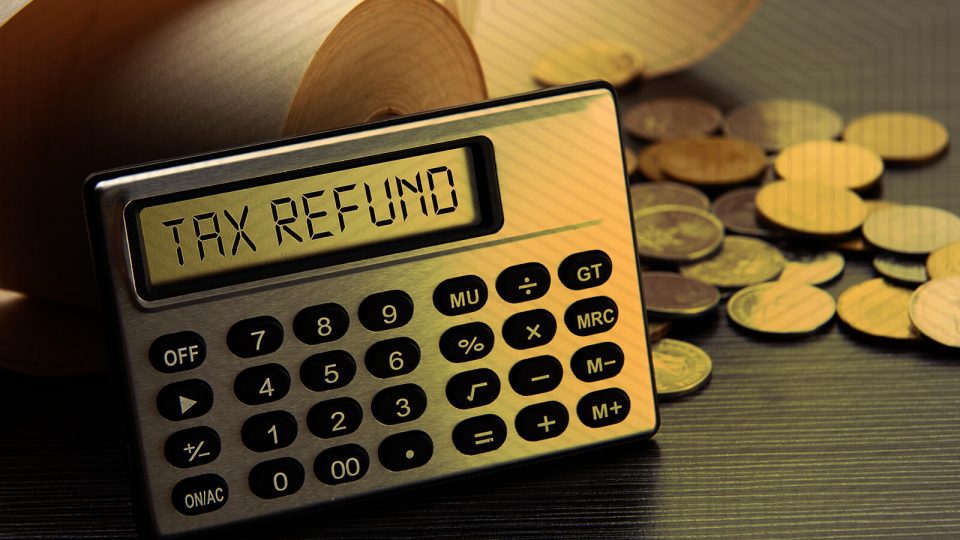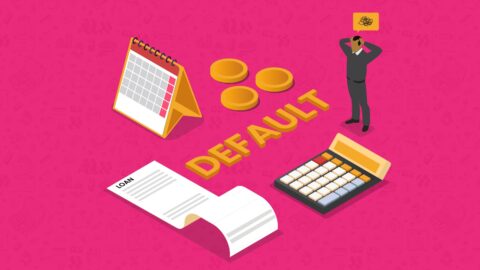How to claim your income tax refund in Kenya
Every year, all registered tax payers are required to file tax returns. However, not everyone is sure about how the process of claiming income tax refunds works. Here’s how.

As the year starts, a lot of Kenyans are gearing to start filing their 2020 income tax returns. Closely linked to this process are income tax refunds.
With record unemployment, pay cuts, and reversal of COVID-19 relief measures, any extra income is a huge benefit. As a result, thousands of taxpayers are eager to claim their tax refunds.
You are eligible to receive an income tax refund when you have paid more tax to the government than your actual tax liability.
“A tax refund is reimbursement of excess tax paid or tax paid in error in a given period. It arises when the tax liability is less than the taxes paid,” KRA says in a statement.
The different types of refunds include Value Added Tax (VAT), Income tax, Excise duty, and Stamp duty.
Taxpayers can apply for a tax refund within five years from the date on which tax was paid. However, the most opportune moment to lodge a tax claim is immediately after filing your tax returns.
This assessment must be done by 31st July, of each year as per the Income Tax Act, where the fiscal year (FY), immediately succeeding a financial year, is the required assessment year (AY) for that FY.
Who qualifies for a tax refund?
In a December 2020 notice to taxpayers, KRA issued guidelines on the steps required when lodging individual tax refund claims.
A tax refund may arise from insurance policies on life and education that have not been granted relief by the employer on the same.
If you have a mortgage from a specific financial institution (as listed on the 4th schedule on Income Tax Act) and have not been granted relief by the employer on the same, you’re also entitled to a tax refund.
“A resident individual who was not granted personal relief during the year also qualifies for a refund,” KRA states in the December notice.
You also qualify for a refund if tax deducted at source was paid in excess of final liability.
How to apply for a refund
To apply for a refund, you’ll be required to submit various supportive documents based on the claims you’re making.
These documents may include your tax deduction card (P9 Form) for claims relating to excess PAYE deductions; insurance policy certificates for claims relating to insurance relief; mortgage certificate from a financial institution for claims relating to interest on mortgage or homeownership plan; and withholding tax certificates for claims relating to tax deducted at source.
Once a claim has been processed, you’ll receive a notification either approving or rejecting the claim.
If the tax income refund calculation matches with the calculation of the income tax department, then you will be eligible for a claim.
Upon approval of a claim, the taxpayer automatically receives an approval order via email. If your claim is rejected, you’ll also receive a rejection order via email.
In Kenya, most claims are paid within 90 days after submitting the claim.
“Where a claim is fully supported in all aspects, it is processed within 90 days from the time of lodgment,” KRA statement says.
The claim for tax refund is applied online https://itax.kra.go.ke/KRA-Portal/




